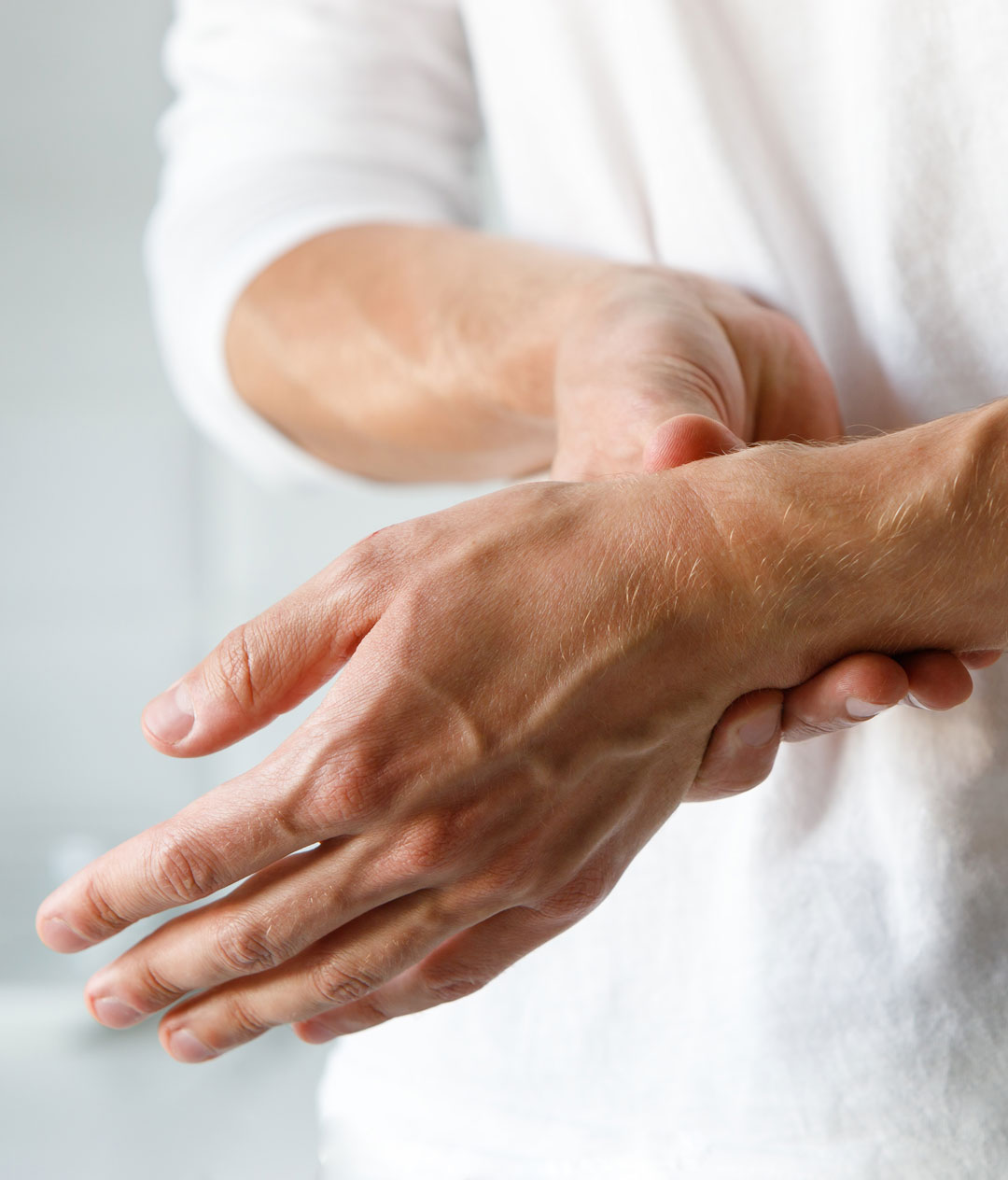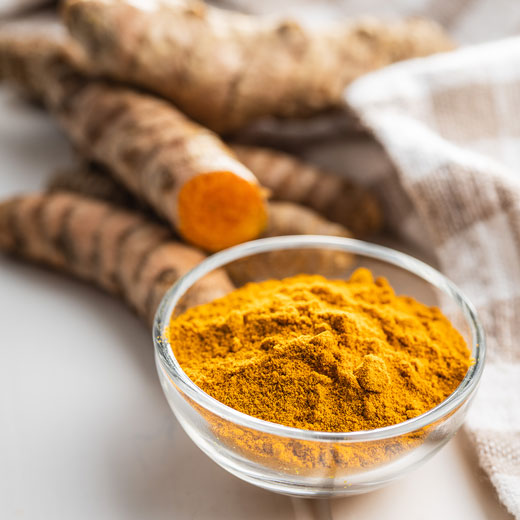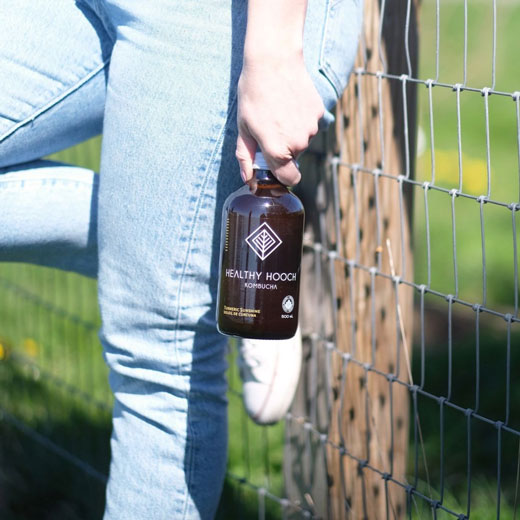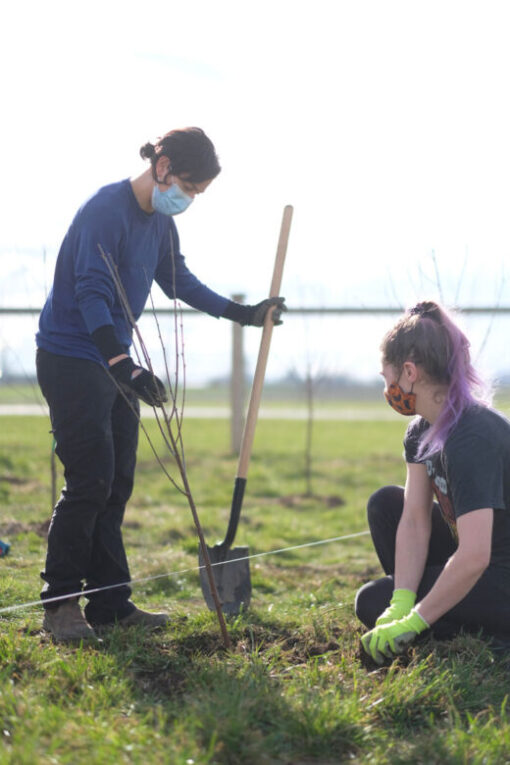7% of North Americans have an autoimmune disorder but we wouldn’t be shocked if it was much higher. At least 20% of our team suffer from autoimmune issues or diseases, IBS, psoriasis, psoriatic arthritis and eosinophilic esophagitis to name a few, and we all have close family members with autoimmune diseases. It’s prevalent, undiagnosed in many cases and not talked about enough. So let’s talk about it!
May 20th is dedicated to Autoimmune Arthritis Day. A yearly event focused on raising awareness for autoimmune diseases that involve some form of arthritis. 50% of people with an autoimmune disease are often misdiagnosed or go undiagnosed. That is why awareness and education are critical because they can help lead to earlier detection, improving health care and quality of life for affected individuals. Education also allows friends and family to understand the disease and its impact on their loved ones.

What is an Autoimmune Disorder?
Before we are even born our immune system starts developing. We inherit our immunity from our mothers in utero and at birth. Then over time it adapts and changes as we are exposed to the outside world. Every time we are exposed and able to fight a new virus or bacteria, our immune system stores a record of it. When we are reexposed to a similar bacteria or virus, our body is then better equipped to fight it. With some viruses, like chickenpox or mono we may only ever get sick once and it is stored for life. And when it comes to deadly diseases, vaccines have been another way to add to our immunity storage. As we grow whether, with the help of science or our own complex system, we keep building and strengthening our immunity with every exposure. So what does this have to do with autoimmune disorders? Well, everything. Our immune system is built to protect us but for some people, it turns on them. It begins to malfunction and they develop what’s called an autoimmune disorder or disease. This means that the body cannot distinguish between healthy cells and foreign bodies. The immune system then becomes overactive and attacks healthy cells causing inflammation and damage to different areas of the body.
What is Autoimmune Arthritis?
Autoimmune arthritis is an inflammatory disease that affects the body’s joints, causing pain, swelling and stiffness. The condition can also affect other areas of the body like organs, skin and eyes. There are several types of autoimmune arthritis diseases, rheumatoid and psoriatic arthritis being the most common.

Symptoms of Autoimmune Arthritis
- Fever
- Joint pain, swelling, stiffness
- Fatigue
- Limited range of motion
- Fever
- Flu-like symptoms
- Loss of concentration
- Redness and swelling around the joints
- Disrupted sleep
- Weight loss
- Inflammation of the lungs, skin, heart, eyes

Risk Factors
Genetics, family history, age and gender increase your risk for developing an autoimmune arthritis disease. However, environmental factors like smoking, second-hand smoke and obesity can also contribute to the development of the disease.
Lifestyle Changes that can Help
Treatment will vary from person to person based on the symptoms they develop, but it will often involve medication and lifestyle changes. Here’s a list of six lifestyle changes that could help improve symptoms.
1. Exercise
Movement improves the range of motion in joints and strengthens muscles. Light exercise like walking, swimming, yoga, tai chi or resistance bands can be beneficial.


2. Healthy Diet
Maintaining a healthy weight will put less pressure on the body’s joints. Diet also has a significant impact on inflammation. Eating foods rich in antioxidants with anti-inflammatory properties can help ease symptoms. Some examples of inflammation-fighting foods are berries, fatty fish, broccoli, avocados, green tea, peppers, mushroom, grapes, tomato, cherries and cocoa. It is also recommended to avoid processed foods, high salt, oil, butter, sugar and animal byproducts because they can worsen inflammation.
3. Quiting Smoking
Smoking can make autoimmune arthritis worse, and your chance of developing a heart or lung disease is increased.
4. Sleep
Not getting the adequate 8 hours of sleep a night can make symptoms of the disease worse, increasing joint pain and stiffness.
5. Probiotics
Taking probiotic supplements or consuming foods rich in probiotics may help improve symptoms. Fermented foods, like Healthy Hooch Kombucha, are rich in probiotics and digestive enzymes. Autoimmune arthritis alters gut microbiota causing an imbalance in good bacteria. Probiotics help restore balance while improving inflammation. In one study, participants were given probiotic supplements for eight weeks. They saw a decrease in inflammation and disease activity.


6. Herbal Supplements
Certain herbs like turmeric, ginger, thyme, cinnamon, garlic, and black pepper, have anti-inflammatory properties. There are multiple studies on the anti-inflammatory effects of turmeric and the active ingredient in it, curcumin. Turmeric is often recommended to people with arthritis to help ease their symptoms. In one study, participants suffering from rheumatoid arthritis were given turmeric extract for 8-12 weeks. They saw an improvement in pain and inflammation symptoms. The effects of turmeric were even comparable to ibuprofen (Advil).
*** Disclaimer: The content on this website (Healthy Hooch Kombucha) is for informational and educational purposes only and should not be taken as medical advice. It is not intended or suitable in place of advice from your health care practitioner or licensed physician. The information and products on this website should not be used for diagnosing, treating, curing or preventing a health problem, you should always consult a health care provider or licensed physician for advice. ***
References:
- https://www.aiarthritis.org/
- https://www.medicalnewstoday.com/articles/322975
- https://www.frontiersin.org/articles/10.3389/fnut.2017.00052/full
- https://www.mdpi.com/2077-0383/7/10/336
- https://www.sciencedirect.com/science/article/abs/pii/S0899900713004395
- https://www.liebertpub.com/doi/full/10.1089/jmf.2016.3705





0 Comments